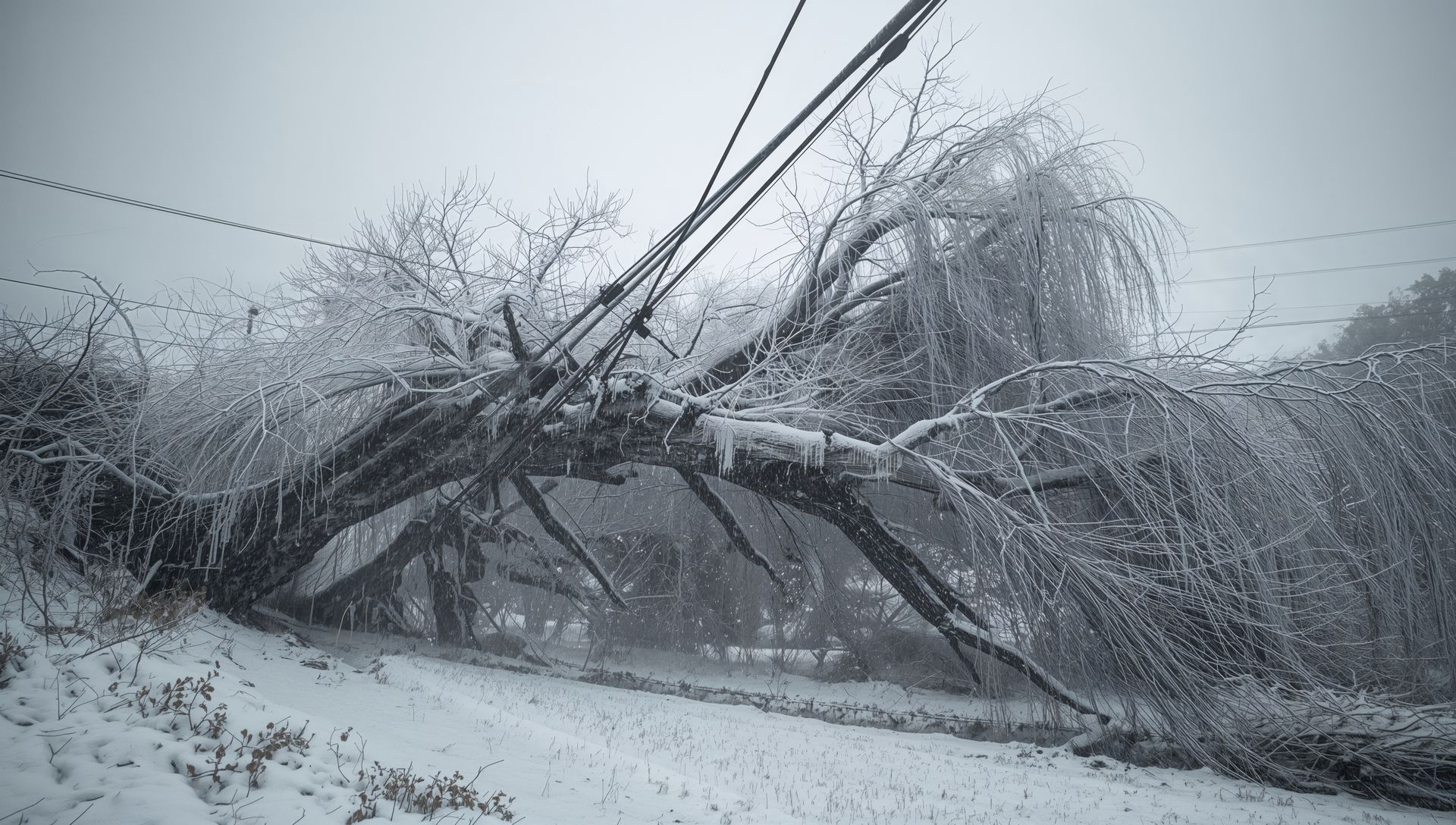In their later years, both of my parents suffered from dementia, my father thanks to Diffuse Lewy Body Disease and my mother compliments of vascular disease which led to portions of her brain slowly dying. Two very different causes, but the same end result. A blurring of reality and fantasy that is extremely challenging for their caregivers who are basically on the outside, looking in.
My father was the first to experience a slipping away of his mental faculties. And my mother absolutely insisted on correcting the things he “saw” and “heard”. She was, at that point, still firmly grounded in reality, and tried desperately to drag him back into it, no matter how many times I explained how fruitless and frustrating the effort was. And not just for him.
I, on the other hand, became a master storyteller, weaving fantasies into his realities that explained away his fears and answered all the questions his once brilliant mind could generate. How can we save the town from the hoard of ants that are devouring everything in their path? We can call the pest control people and ask them to spray the whole town. But how do we protect the residents from the poison? (He was always poking holes in my stories . . .) Loudspeakers. We’ll use loudspeakers mounted on top of cars to warn everyone they should stay inside until it’s done. Eventually, it became the same with my mother. How do we keep the snakes that are in the building out of her apartment? (Just for clarification, there were no snakes in the building.) I can lay hemp ropes across the thresholds so they can’t slither in . . . and I did.
Every fear. Every concern. Every question answered based on fantasy rather than reality.
When my father-in-law began traveling down the same path, my sweet mother-in-law always tried to correct him. To fix his broken memories. And again, I assured her there was a better course.
Then one day I read it. The core philosophy that governs all dementia care. “Meet them where they are, not where you wish they were.” And although that statement encompasses so many different areas, I realized it most assuredly applied to my current state of affairs.
By not arguing or correcting, not growing increasingly frustrated because of the couldn’ts . . . they couldn’t remember . . . they couldn’t tell fantasy from reality. . . I reduced the stress for both of us. I met them where they were, not where I wished they were.
Did I want things to be different? Of course I did. I wanted my parents back. The people who could make decisions and process information—the ones who didn’t see things that weren’t there and didn’t expect logical responses to imaginary moments. But for their sake and my sanity, I had to accept that life had become very different—and I had to learn to go with the flow.
Meet them where they are . . . not where you wish they were. Practice that and your role as a caregiver will be easier. Please note. I did not say easy. I said easier. But when you’re caring for someone you love who suffers from dementia, every little bit helps.
About the author: Lisa Shackelford Thomas is a fourth-generation member of a family that’s been in funeral service since 1926 and has worked with Shackelford Funeral Directors in Savannah, Tennessee for over 45 years. Any opinions expressed here are hers and hers alone and may or may not reflect the opinions of other Shackelford family members or staff.













